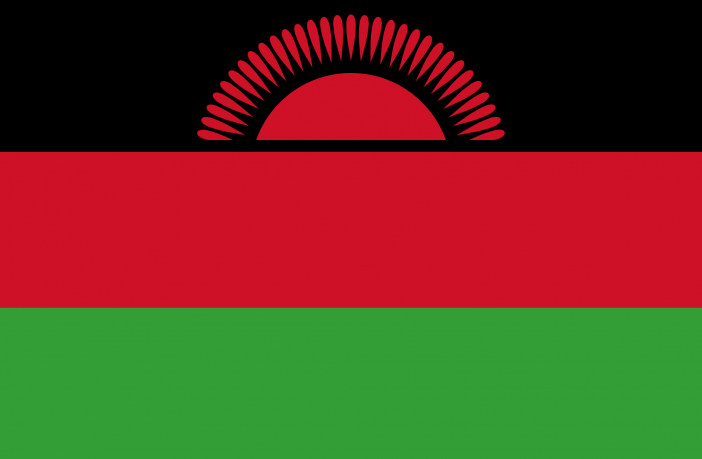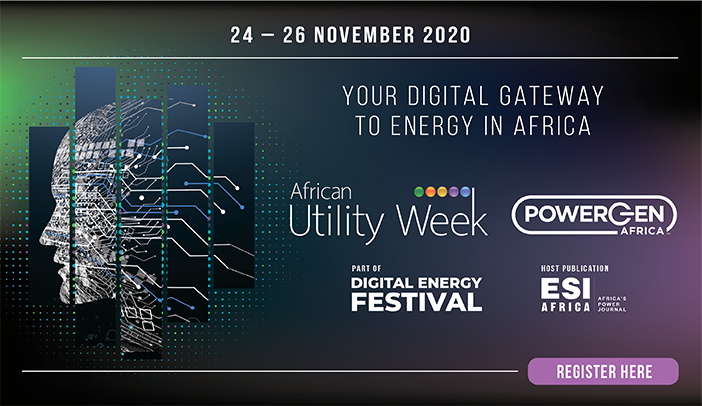- The planned Nkhotakota Solar Power Plant in Malawi is expected to set a regional standard and considerably reduce the country’s energy deficit.
- It is expected to add 37MW of clean energy to the national capacity, which is currently estimated at 362MW.
- The solar plant will be developed in two phases of 21MWac and 16MWac.
- It is the second renewable energy project to be backed by the ATI’s Regional Liquidity Support Facility.
The $67million solar plant will be supported by the African Trade Insurance Agency’s (ATI) Regional Liquidity Support Facility (RLSF), designed to cover the late-payment risks of publicly-owned power utilities.
The COVID-19 pandemic and associated lockdowns highlighted the urgent need to ramp up energy access and diversify the existing energy mix in many African countries.
In sub-Saharan Africa, electricity access stands at just 43%, or roughly half the global access rate. Though challenges do remain, the pandemic also revealed the importance of increasing more affordable renewable energy sources into the energy mix.
ATI’s Regional Liquidity Support Facility is providing liquidity cover for a tenor of up to 10 years. The completed project will supply electricity for up to 15,000 Malawian households.
Benjamin Mugisha, ATI chief underwriting officer, commented: “COVID-19 has laid bare the link between social infrastructure and economic development. Access to adequate electricity underpins both.
“This project demonstrates that there is still opportunity and demand for renewable energy projects in Africa. ATI is excited to be part of this potentially transformative project, particular now, when it is so important to show the world that it is still possible to build sound renewable energy projects that can have lasting change.”
Creating a new model for private investment into Africa’s solar market
The first project to benefit from ATI’s facility was a partnership with Gigawatt Global on Burundi’s first private grid-connected solar plant, which was the country’s first permanent power station in 30 years.
RLSF encourages investment in renewable energy in the company’s member countries through a unique guarantee product that protects Independent Power Producers against the risk of late payment by national power companies.
The RLSF was launched in 2017 by ATI and the German Development Bank (KfW), with financing from the German Federal Ministry for Economic Cooperation and Development (BMZ).
The facility was created to help tackle climate change and attract investments by supporting renewable energy projects in member countries.
RLSF has an initial capacity of $74,73million (€63.2million). It supports small- and mid-scale renewable energy projects with an installed capacity of up to 50MW (in exceptional cases up to 100MW) by protecting developers against the risk of delayed payments by public off-takers to ensure more projects reach financial close.
The facility can be access by IPPs located in countries that sign the RLSF memorandum of understanding. To date, seven countries have signed – Benin, Burundi, Côte d’Ivoir, Madagascar, Malawi, Uganda and Zambia – with more to come, including Ethiopia and Ghana.
Dr Thomas Duve, KfW director – South Africa, commented: “The investments required to meet Africa’s growing demand for sustainable energy based on renewables is far greater than the funds available from public sources.
“But African governments and their development partners can facilitate the private sector investments necessary to bridge this gap. Together, we can build stable, predictable enabling frameworks and we can offer target de-risking instruments.”
Solar power to change energy mix for Malawi
The Nkhotakota Solar Power Plant is part of the Malawi government’s plan to move the country away from its reliance on hydropower, which currently represents more than 90% of its energy mix.
This reliance on hydropower has left the landlocked country vulnerable to frequent power supply cuts in times of drought. The solar power plant should provide sustainable, stable and consistent energy access.
The project is Malawi’s first competitive tender in the power sector, leading to a 20-year power purchase agreement signed between the project company and Malawi’s national utility, Electricity Supply Corporation of Malawi Limited (ESCOM) in February 2019.
The successful tender process demonstrated global best practice and serves as potential model for the region in attracting critical foreign direct investment to the sector.
The international consortium behind the project are Kenya-based responsAbility Renewable Energy Holdings (rAREH) and primate equity partner UAE-based Phanes Group.
The two developers are collaborating with the US International Development Finance Corporation (formerly Overseas Private Investment Corporation), which is contributing debt financing and local development partner Natsons.
Chris Bale, rAREH CEO, said: “rAREH is delighted to be working with our partners to actualise this project. rAREH is committed to long-term investment to renewable power plants in Africa. We very much look forward to continuing to work with the government and people of Malawi to fulfil the country’s appetite for clean, economical, renewable power.
Author: Theresa Smith

Theresa Smith is a conference producer for Clarion Events Africa.
This article was originally published on ESI Africa and is republished with permission with minor editorial changes.
Malawi’s renewable energy sector will be under discussion at African Utility Week and POWERGEN Africa virtual event.














2 Comments
Hi Theresa,
Do you know who the EPC company is yet?
Clinton Vieira
Hi Theresa
Who would the EPC companies be?
Linda Steyn